John W. Baldwin - The Language of Sex: Five Voices from Northern France around 1200
Here you can read online John W. Baldwin - The Language of Sex: Five Voices from Northern France around 1200 full text of the book (entire story) in english for free. Download pdf and epub, get meaning, cover and reviews about this ebook. City: Chicago, year: 2015, publisher: University of Chicago Press, genre: Art. Description of the work, (preface) as well as reviews are available. Best literature library LitArk.com created for fans of good reading and offers a wide selection of genres:
Romance novel
Science fiction
Adventure
Detective
Science
History
Home and family
Prose
Art
Politics
Computer
Non-fiction
Religion
Business
Children
Humor
Choose a favorite category and find really read worthwhile books. Enjoy immersion in the world of imagination, feel the emotions of the characters or learn something new for yourself, make an fascinating discovery.

- Book:The Language of Sex: Five Voices from Northern France around 1200
- Author:
- Publisher:University of Chicago Press
- Genre:
- Year:2015
- City:Chicago
- Rating:5 / 5
- Favourites:Add to favourites
- Your mark:
The Language of Sex: Five Voices from Northern France around 1200: summary, description and annotation
We offer to read an annotation, description, summary or preface (depends on what the author of the book "The Language of Sex: Five Voices from Northern France around 1200" wrote himself). If you haven't found the necessary information about the book — write in the comments, we will try to find it.
John Baldwin introduces five representative voices from the turn of the twelfth century in northern France: Pierre the Chanter speaks for the theological doctrine of Augustine; the Prose Salernitan Questions, for the medical theories of Galen; Andre the Chaplain, for the Ovidian literature of the schools; Jean Renart, for the contemporary romances; and Jean Bodel, for the emerging voices of the fabliaux. Baldwin juxtaposes their views on a range of essential subjects, including social position, the sexual body, desire and act, and procreation. The result is a fascinating dialogue of how they agreed or disagreed with, ignored, imitated, or responded to each other at a critical moment in the development of European ideas about sexual desire, fulfillment, morality, and gender.
These spokesmen allow us into the discussion of sexuality inside the church and schools of the clergy, in high and popular culture of the leity. This heterogeneous discussion also offers a startling glimpse into the construction of gender specific to this moment, when men and women enjoyed equal status in sexual matters, if nowhere else.
Taken together, these voices extend their reach, encompass their subject, and point to a center where social reality lies. By articulating reality at its varied depths, this study takes its place alongside groundbreaking works by James Brundage, John Boswell, and Leah Otis in extending our understanding of sexuality and sexual behavior in the Middle Ages.
Superb work. . . . These five kinds of discourse are not often treated together in scholarly writing, let alone compared and contrasted so well.Edward Collins Vacek, Theological Studies
[Baldwin] has made the five voices speak to us in a language that is at one and the same time familiar and alien in its resonance and accents. This is a truly exceptional book, interdisciplinary in the real sense of the word, which is surely destined to become a landmark in medieval studies.Keith Busby, Bryn Mawr Reviews
[Baldwins] attempt to listen to these distant voices and translate their language of sex into our own raises challenging methodological questions that will be of great interest to historians and literary scholars alike.John P. Dalton, Comitatus
John W. Baldwin: author's other books
Who wrote The Language of Sex: Five Voices from Northern France around 1200? Find out the surname, the name of the author of the book and a list of all author's works by series.


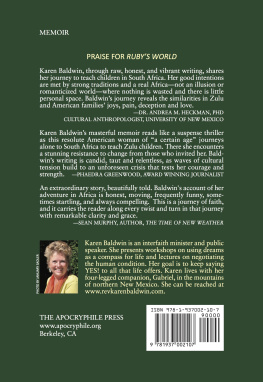

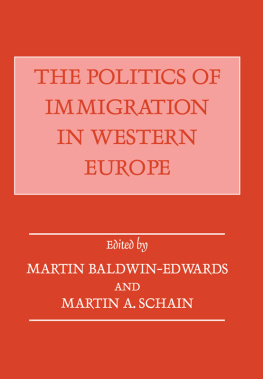
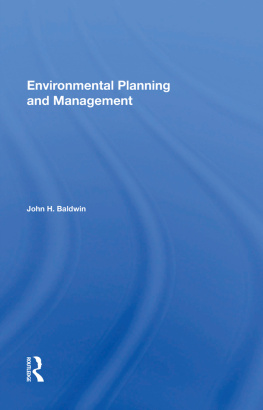
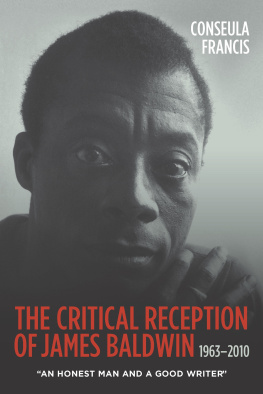



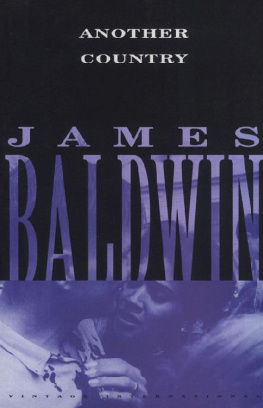

 The paper used in this publication meets the minimum requirements of the American National Standard for Information SciencesPermanence of Paper for Printed Library Materials, ANSI Z39.48-1984.
The paper used in this publication meets the minimum requirements of the American National Standard for Information SciencesPermanence of Paper for Printed Library Materials, ANSI Z39.48-1984.